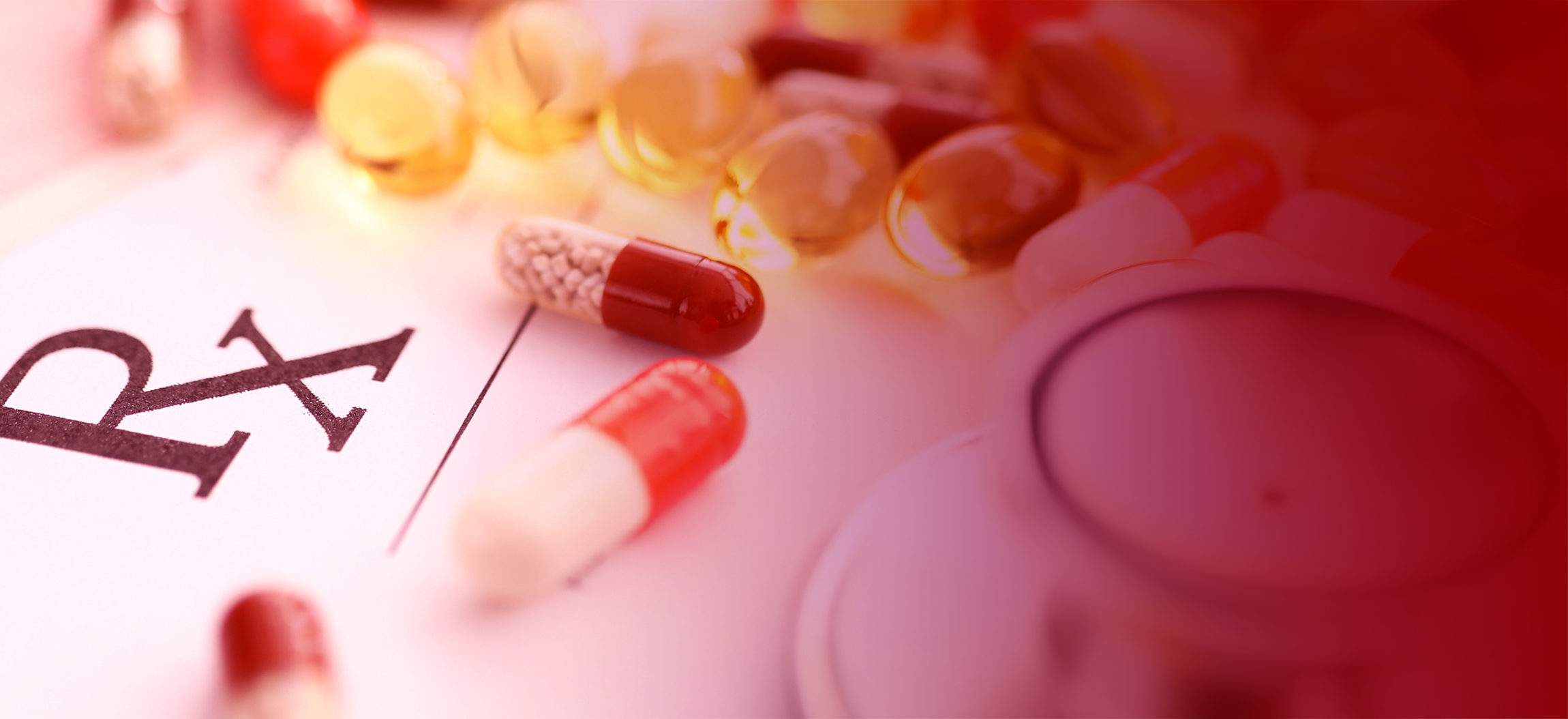Listen to Sally Pipes on “Free the Economy” podcast
Listen to PRI President, CEO, and Thomas W. Smith Fellow in Health Care Policy Sally C. Pipes discuss her new book The World’s Medicine Chest (Encounter Books) on the Free the Economy podcast from the Competitive Enterprise Institute. Click here to listen...










